A festive spirit buzzed through Istanbul as the country enjoyed a unique extended holiday. Eid al-Azha (Kurban Bayramı) celebrations intertwined with the national day, creating a vibrant atmosphere. On June 13th, while the city pulsed with an energy that mirrored the Turkish flag's fiery red, a colour symbolising both revolution and the day's significance: Democracy and National Unity Day of Türkiye (Demokrasi ve Milli Birlik Günü), I boarded my flight back home wrung with sadness, the majestic image of the Bosphorous Bridge decorated with red lights imprinted in my head.
It was like leaving a loved one behind, which in this case was not a handsome Turk, but the city of Istanbul itself. Strangely enough, I did not experience this feeling ever before, when I departed from Columbo, Manila, Singapore, Kuala Lumpur, Houston, London, New Orleans or Katmandu in my previous travels.
On retrospection, it was a curious mix of love, envy and despair. Each time I departed from those cities I returned home with a hope. But this time, I knew well that I was returning to economic chaos, vicious political cycles and no hope. Am I the only one who feels that way about our political and economic situation? Living in Pakistan, we become desentisised. But after a trip abroad, and you cannot stop wondering what has been happening in our country for the last 77 years. Pardon me, I’m digressing.
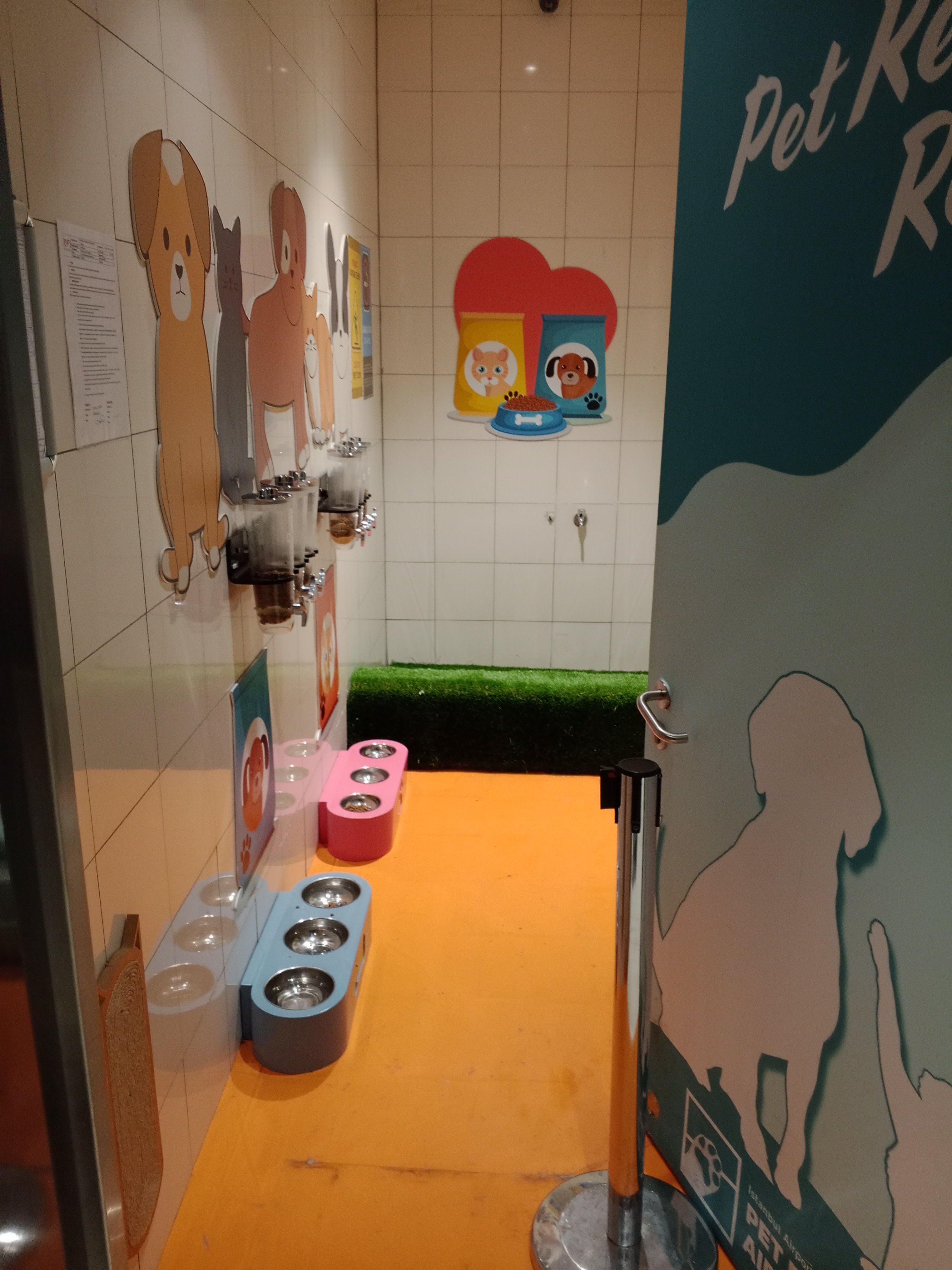
So what exactly did I fall in love with in Istanbul? Actually, there are a thousand reasons that I can think of to fall in love with Istanbul. I could easily have but didn’t fall in love with the cobbled, twisty streets of Cihangir, the insanely refreshing breeze at Taksim Square, the clang-clang of the punctual and immaculate trains and trams, the turquoise/cobalt/Lapiz coloured Bosphorus, the cheerful and exuberant ice-cream vendors, the life-size posters of Burak Deniz on subway walls, the rubbish truck that arrived three times a day to collect garbage from my street, the succulent and delicately flavoured meat entries in restaurants, the abundance of fresh and tempting fruit and vegetable stalls, and their aesthetic sense to turn every little nook and corner into something pretty.
I fell in love with the ‘bindaas’, nonchalant independent and carefree attitude of being a Turk. A proud, not arrogant, nation who seems to give a flying fox to anyone who forces down illogical rules on them, something that does not agree with their sensibilities. I also envy the fact that they have had leaders who vowed to make them and made them into what they are today.
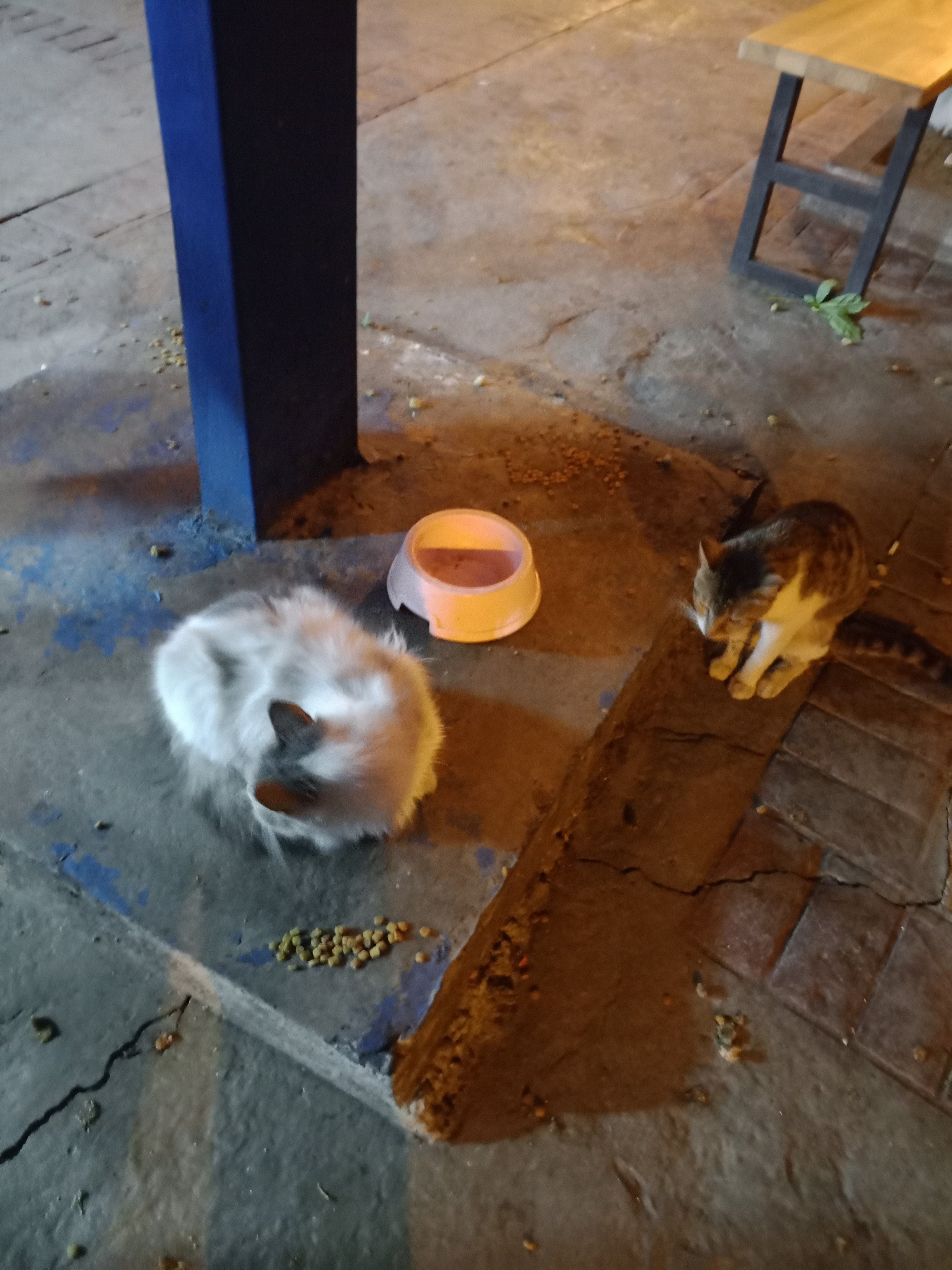
They speak their language with pride, eat their food with pride, and walk their streets with pride. There is a confidence in them that makes me envious. Despite sharing history with the Romans and Greeks, they are who they are, not trying to be Europeans or Arabs or Persians, and the world is dying to visit their country and invest in their country for there is so much that the Turks have to offer to the visitors. Their cities are developed, clean and brimming with history and culture [that places like Dubai totally lack]. Everyone speaks Turkish, there are no snobby places where only those who can speak English fit well, unlike our country cursed with colonialism.
What truly impressed me is the Turk’s brand of Islam. Their faith is deep, solid and beautiful like the marble in their quarries. Statues of Kemal Attaturk, Osman Bey, Alexander, Apollo, Cleopatra and Medusa couldn’t shake it, turning Hagia Sofia into a mosque which has mosaics depicting angels, Jesus and Mary couldn’t topple it, selling alcohol on streets to people who are willing to buy it could not upset it, and billboards with women in skimpy clothes couldn’t trouble it. Their brand of Islam is not about what women are wearing or who is drinking what. It is unwavering and about humanity and respect. Not once did I feel, I was being stared at, nor did I see another woman being ogled at. Women wear what they like, don naqab or hijab or a crop top and no one is bothered in the least.
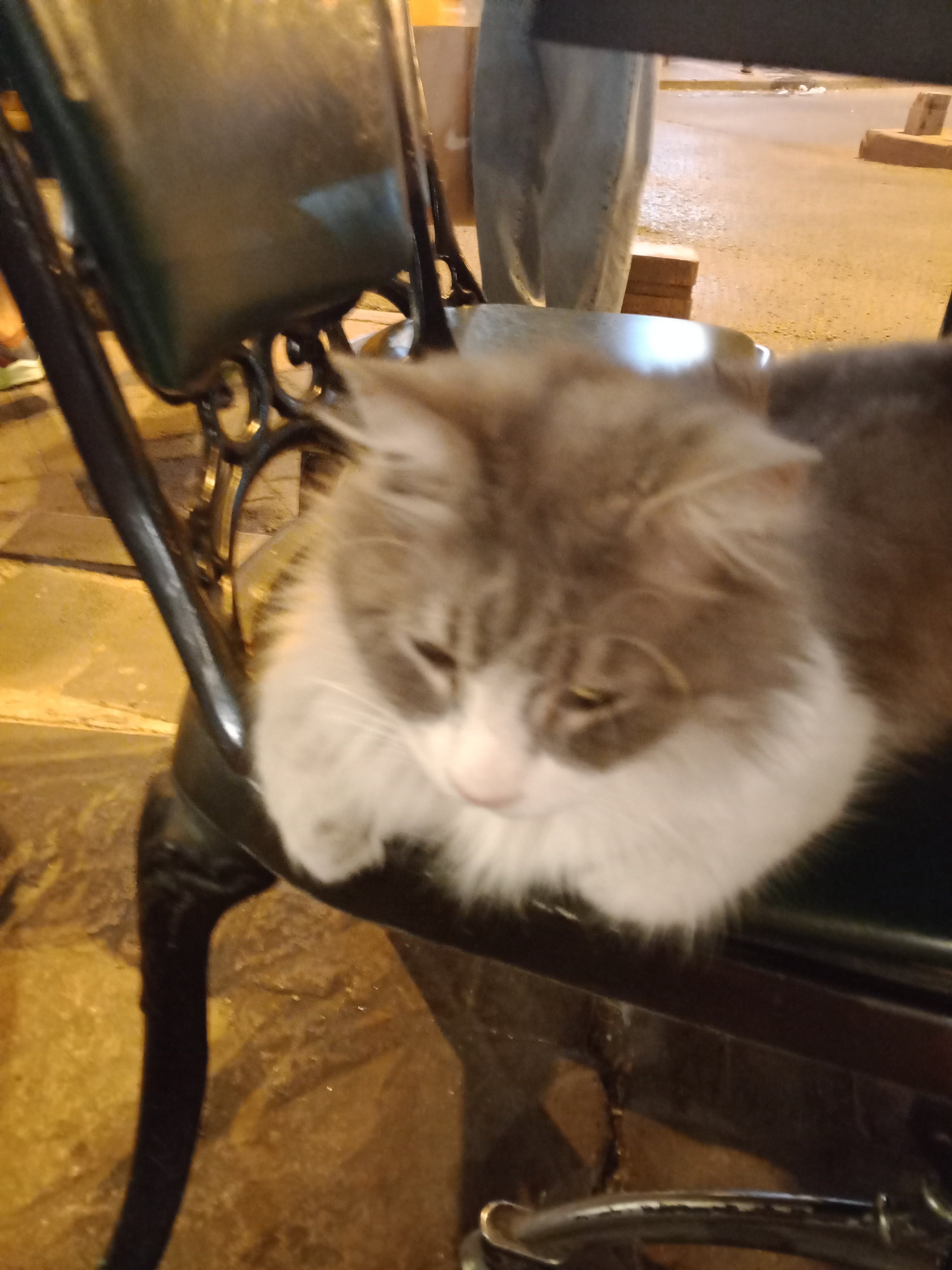
Kurban Bayrami was two days away and from the Grand Bazaar to the Sisili, and in all of Beyoglu from Cihangir to Taksim, moving in taxis, trains and trams, I did not spot one goat.
The average Turk spends the four day festival of sacrifice at home and with family and observe the tradition of sacrificing a farm animal for consumption and to be distributed to friends, neighbours and those in need. However, the slaughtering system tradition changed about a decade ago so that now the slaughter or sacrifice is not carried out in streets, gardens, porches and backyards. It is done by professionals and at out-of-sight centres. The Sacrifice Share Price was announced as 6,700 TL and the Turks prefer to donate the amount to humanitarian organisations to help the poor and needy.
As a couple of friends and I were going to settle down to a cup of tea in a pretty little café near Sultan Ahmet area, we spotted a cat under the table, diligently feeing her hungry kittens. The waiter also spotted them and quickly gestured to us that we should not them but sit elsewhere. We had no intentions of disturbing them but this attitude of love, care and responsibility on the waiter’s part and the manager who had also appeared by now was unfamiliar to me. In my own country, they would have hushed the cat away, dusted the table for us and said, “koi nahin, khair hai” [all good, no worries].
We as Pakistanis feel no qualms about kicking animals, beating them and throwing stones at them. We feed them for the selfish reason of dispelling the evils off us in the name of sadqa or khairaat. We don’t associate respect with animals.
But as you walk the streets of Istanbul, you will actually see what you may have heard of. There are cats and dogs everywhere, just like people, Istanbul is not a place for those who have ailurophobia, cat allergy or cynophobia.
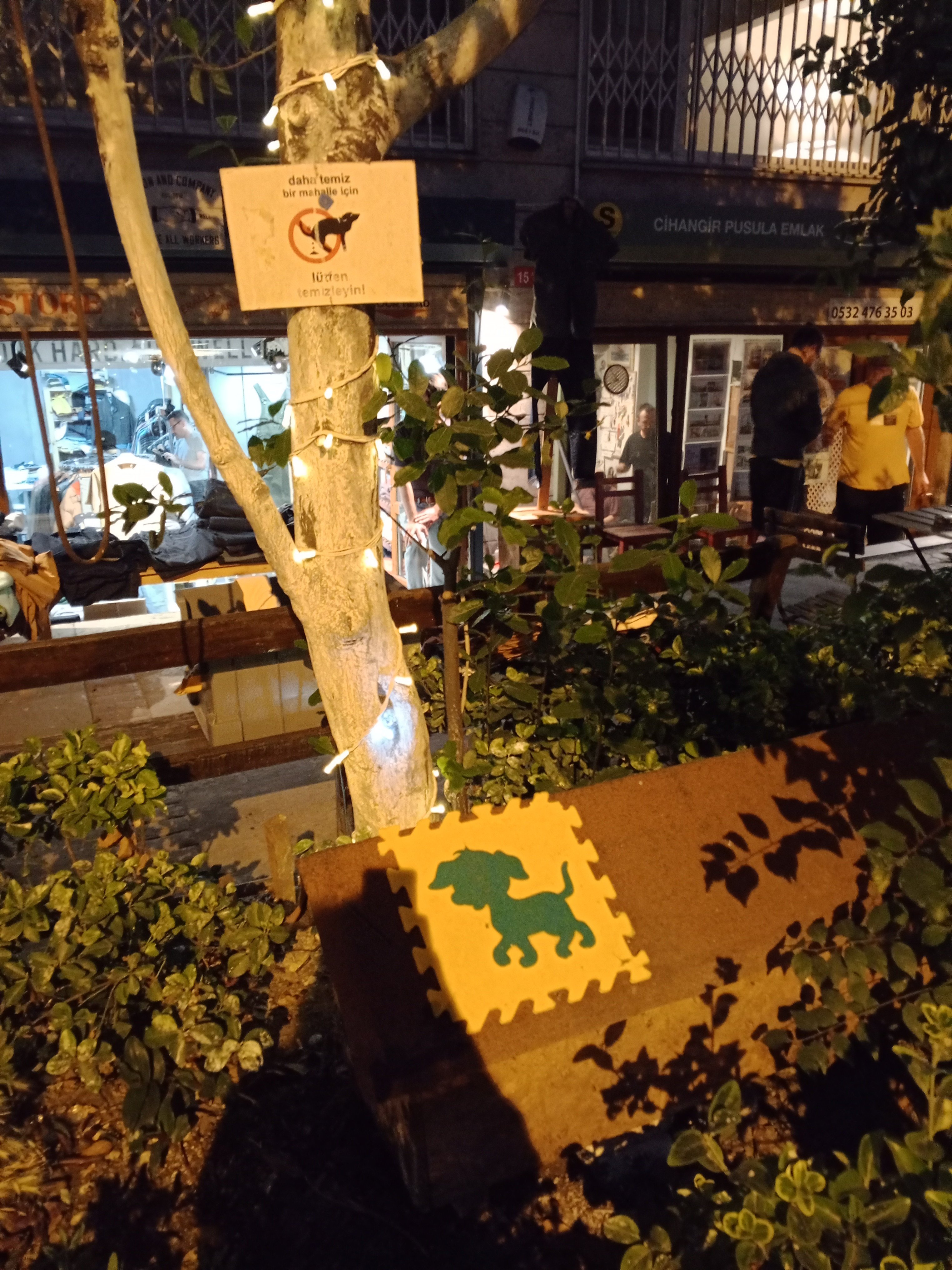
Stray animals are actually protected by Turkish law passed in 2021. The city of Istanbul has a programme for the protection and overseeing of the vast number of stray dogs and cats that roam the city or rather rule the city.
On a sweltering day during the heatwave in early June, Istanbul’s several airconditioned stores would let dogs sleep in the cool air instead of throwing them out on the streets. You find food and water bowls in residential and non-residential areas. Basic wellness such as vaccines and spay and neuter services are provided as well as emergency and advanced care for injured animals. There is a pet relief room at the airport as well as pet toilets. I did not see one lame dog as opposed to many in the streets of Karachi, who are either hit by speeding vehicles or attacked by people.
According to an estimate, there are 125,000-750,000 cats in Istanbul with up to 4 million strays throughout Turkey. It is not surprising that Istanbul mayor Ekrem Imamgolu proudly called Istanbul, the capital of cats.
This unique and communal pet culture and the enduring bond between Turks and their beloved communal pets has become intertwined with the nation’s history, religion, and politics.
Apparently, the history of cats in Turkey is connected to Islam and their practical role during the Ottoman Empire. Who doesn’t know that in Islamic culture, cats hold a special status as ritually clean animals, and there are many Hadees stories highlighting the Prophet (PBUH) affection for these creatures.
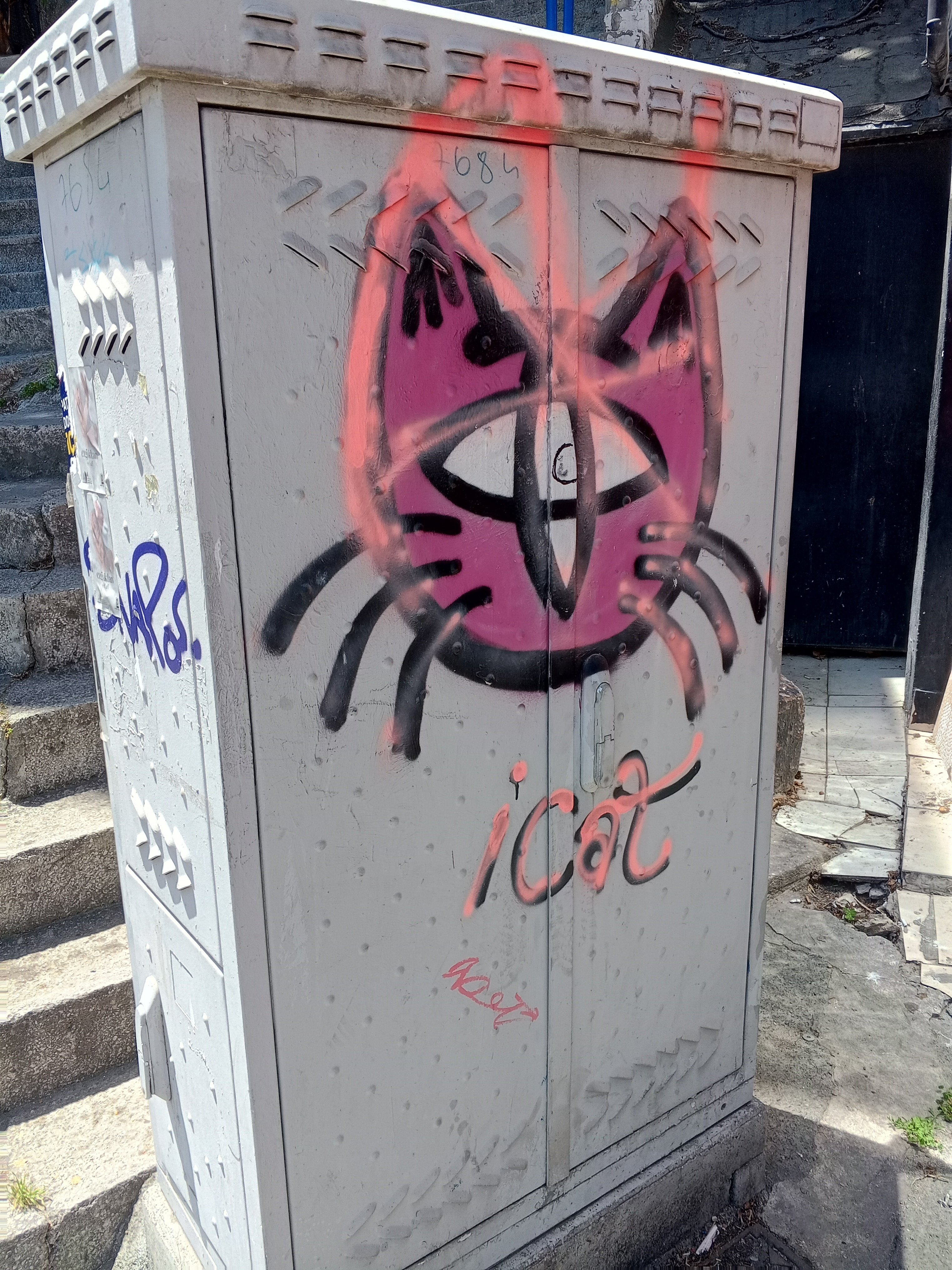
During the Ottoman Empire, cats played a crucial role in controlling rat populations, thereby controlling the spread of diseases and minimising food loss. They also played a vital role in safeguarding books, by deterring rats from consuming the pages of valuable texts.
It is this historical background that shapes the ongoing relationship between cats and the Turks. The nation continues to pay them back by leaving food and water outside their homes for them and treating them with love, care and respect.
During the pandemic and lockdown, the Turkish interior ministry had issued directives for local councils to ensure that stray animals were well-fed, emphasising the importance of their well-being. Justice Minister Abdulhamit Gul in his tweets urged the public to “not abandon our animal friends during these challenging times.”
During the heatwave this June, the safety precautions issued by the government included taking special care of strays. Ever recall any such notification from the government of the Islamic Republic of Pakistan?
The Turks’ love for animals gets just a wee bit uncomfortable for visitors when felines wander in roadside cafes and restaurants, but the locals remain unruffled and happily feed them tid-bits.
Since Turkish culture has a big heart for cats, there is a saying there that if you hurt a cat, you need to build a mosque to make things right. This fondness goes beyond tradition as by law animals are recognized as living beings which means hurting or neglecting animals can land you in jail. It's a huge and fascinating step towards protecting animal welfare.
In early 2023, the cities of Istanbul and Diyarbakır took a remarkable initiative by constructing 200 wooden houses and placing them in buildings, workplaces, gardens, and parks to offer shelter and improved living conditions for stray animals, particularly during the colder seasons. Diyarbakır also has plans to initiate a woodworking workshop, encouraging local involvement in supporting this noble cause.
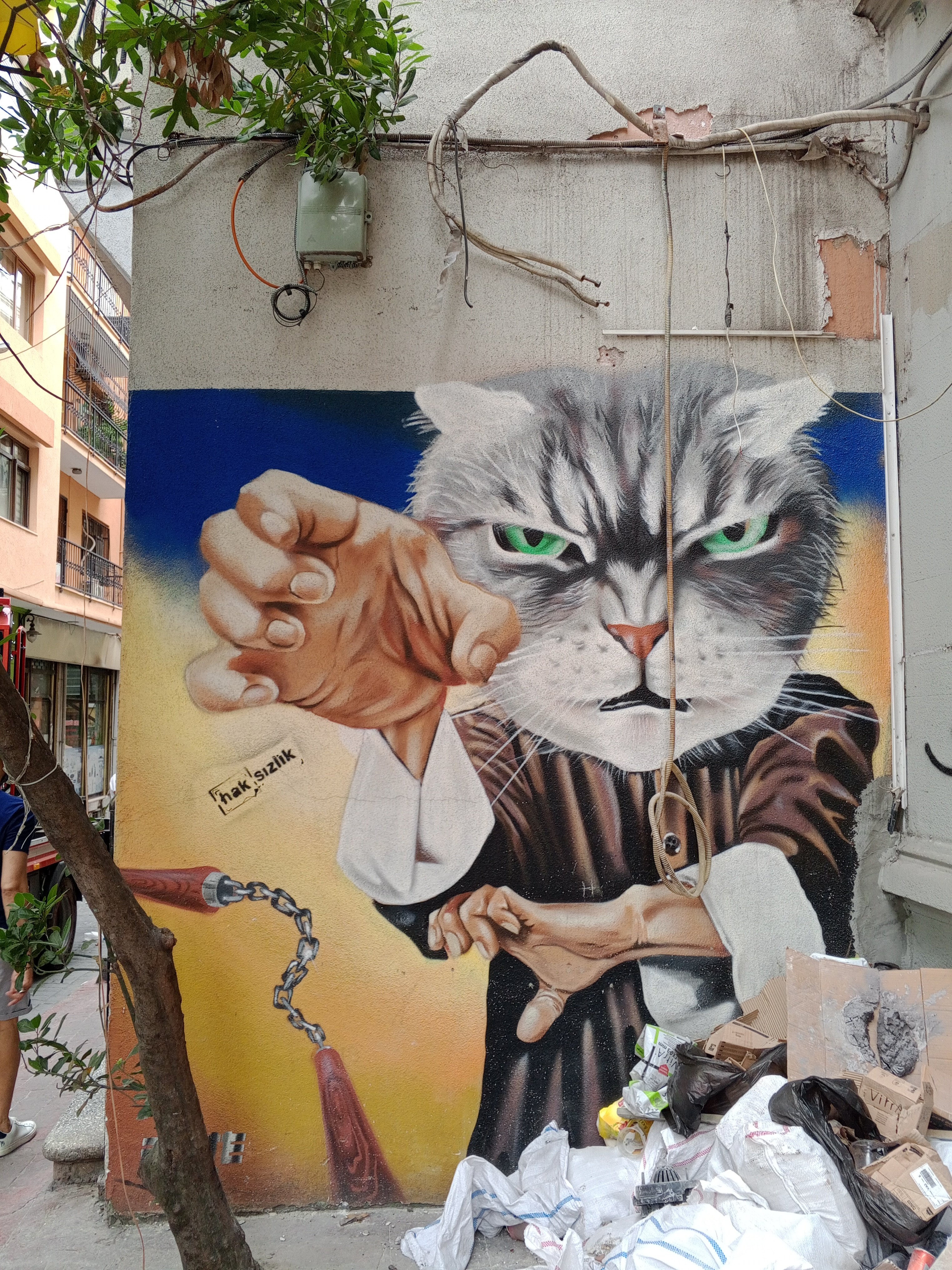
Just like humans, animals are creations of Allah. The Quran tells us that humans have a special role as caretakers of the Earth, as khalifa, which includes looking after animals. We can use animals for our benefit, but we also have a responsibility to treat them well.
The Quran, the sayings of the Prophet Muhammad (hadith), and the teachings of Islamic scholars all emphasise the importance of caring for animals. We should treat them with kindness and mercy, not cruelty.
Since Islam guides us towards a good life, its teachings on animal care are meant to be applied in our everyday lives. We should think carefully about the choices we make that affect animals and find ways to treat them well. After all, God has given us the ability to learn and be wise, and that includes using that knowledge to care for all his creations. Why does all of this escape us as Pakistani Muslims?
My feeling of sadness gradually waned, as I become occupied with everyday life and with overwhelming issues of erratic electricity, water and gas outages in my home country. And when the political circus in TV talk shows gets too much for me, I switch off the idiot box and look at my vacation pictures. Aahh … the blissful bubble of my vacation in Istanbul.
